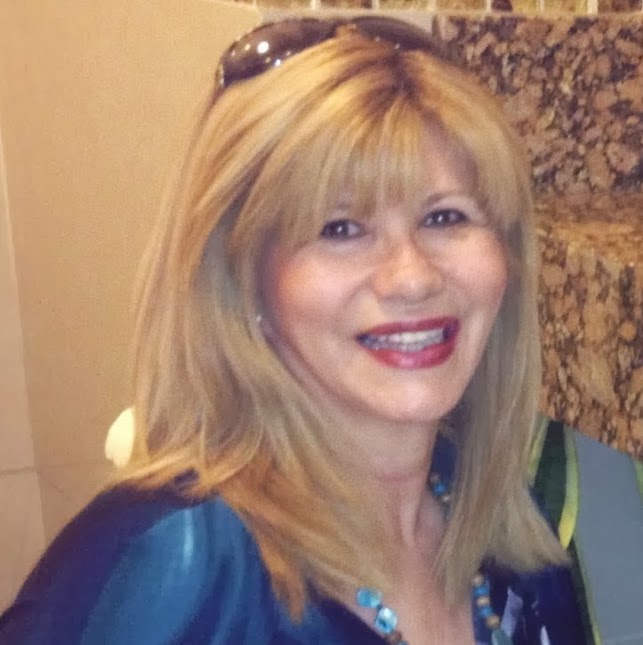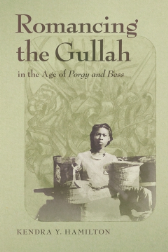Professor Clinia Saffi: Proud to Be an American
February 10, 2014
It would be difficult to find a more modest, soft-spoken faculty member than Dr. Clinia Saffi, Professor of Modern Foreign Languages at PC. A committed teacher of general education and upper-level Spanish courses, Saffi steers clear of campus politics or the gossip of the larger Clinton community. Yet by at least one measure, Saffi is our most American professor. She speaks all three of the major languages of the Americas – English, Spanish and Portuguese – and has taught both Spanish and Portuguese at the college level.
As deftly as she wields Spanish, English and Portuguese, however, none of these is Saffi’s mother tongue; she grew up speaking Guarani, one of the most widely spoken indigenous languages of the Americas. The official language of Paraguay (along with Spanish), Guarani is also spoken in parts of northeastern Argentina, southeastern Bolivia, and southwestern Brazil. A significant portion of the rural population of Paraguay speaks only Guarani. Saffi grew up in just such a community, speaking a language that is decidedly more American than our own. The other languages that Dr. Saffi mastered over the course of her life – Spanish, Portuguese and English – are in a very real sense the tongues of America’s immigrants.
I was surprised to learn from Saffi that her love for the Guarani language developed not during her childhood, but in graduate school, when it became the object of her research. At the University of Miami she studied under Dr. Barbara Ganson—one of the experts in the field of Guarani Civilization during the colonial period. Saffi’s research has culminated in the monograph “Resistencia guaraní en la época colonial” (Guarani resistance during the Colonial Period), published in 2009, which charts the formation of Guarani identity in the midst of the competing interests of Jesuit missions and the slave trade.
For Saffi, the Guarani during this period are remarkable not for their suffering at the hands of Spaniards and Portuguese, which without question was huge, but for their resistance to cultural imperialism and the consequent preservation of their own culture. Her book charts their resistance in the writings of the cacique (or tribal chief), in the oratory of the payé (or Shaman figure), and in acts of public rebellion. If their language is anything to go by, the Guarani resisted better than any other pre-conquest Americans.
Saffi’s book is now recognized as one of the authoritative studies of the Colonial Period; she is regularly cited along with Dr. Ganson, and over 28 research libraries worldwide have purchased her book.
But if you ask Saffi what makes her mother tongue special, she talks not about resistance, but about poetry: “Guarani is a very expressive, emotional language, expressive in an organic way.” She talks about how the sounds of words so often echo the sense and the density of meaning: complex sentences are often communicated in a single word.
Perhaps because of Guarani’s musicality, Saffi has a deep appreciation for poetry in any language and is a well-published poet in Spanish. Her latest book of poems – “Poesía pintada: Tempus fugit” (Painted poetry: Time flies) — is a collaborative project with her husband Luis Sbrogio, who is also an accomplished painter. In this volume painting and poetry converse with each other about the fleeting nature of life as we know it.
Saffi also interpolates excerpts of famous poets such as Octavio Paz and Jorge Luis Borges, making this work self-referential—poetry about the art of making poetry. In talking to me about the project, Saffi emphasized the frustrations of working collaboratively with another artist whose vision is inevitably distinct from your own. But the frustration led to an ineffable richness, in part derived from the blending of two media, in part from the unexpected ways their interpretations complement each other.
Clinia Saffi is one of several faculty members at PC whose scholarly renown extends well beyond the range of our campus community. Among those scholars, she is the only one I know of who is also an accomplished poet. Perhaps even more significant is her role in preserving the rich language of Guarani. Currently she teaches an online Guarani language course to students at Yale: let her know if you’d like to join the class!
Lastly, Clinia reminds us all that our American heritage is bewilderingly rich. Her English may not sound American to you, but I can assure you that no one is more American, or more proud of it.





